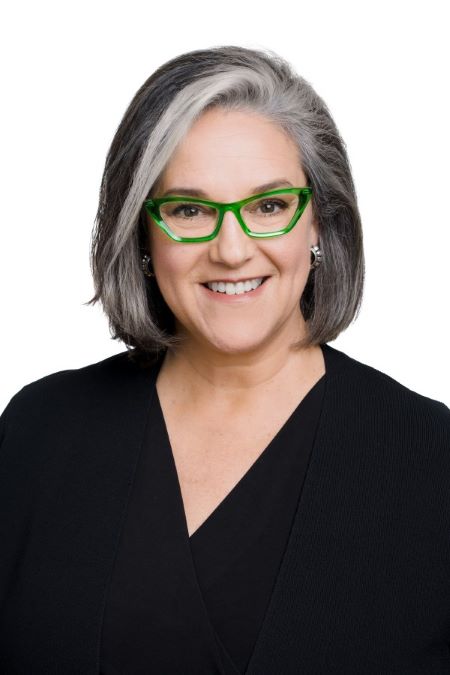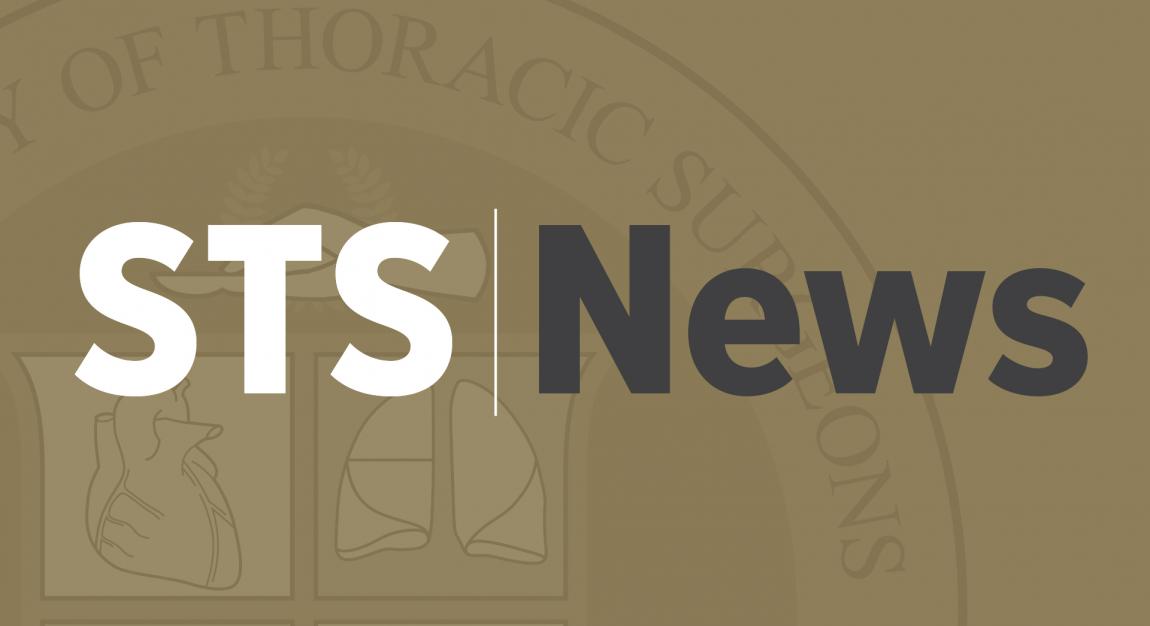
The cardiothoracic surgery community is uniquely devoted to the advancement of its specialty, and it shows in its support of The Thoracic Surgery Foundation (TSF), says Lee Wiensch, CAE, CFRE, who recently assumed the role of TSF executive director.
Wiensch described how, coming from a background of charitable foundations overseen by a parent association, she has seen rifts between the leadership, staff, and workflow of the charitable arm and those of the governing body—and that she has in fact in some cases been hired to heal those rifts. Not so with STS and TSF.
“The most refreshing and surprising thing about STS and the Foundation is that they really are one cohesive organization, and they are both very clearly working for the same purpose,” Wiensch said. “We happen to be the charitable arm who can accept donations and give away grant money, but the mission of the Foundation is very seamlessly woven into the fabric of STS.”
STS covers all TSF administrative costs, which is another unusual aspect of its governance, Wiensch explained. “Administrative overhead is necessary to run a foundation, and many association foundations don’t have the luxury of a sponsoring parent organization. But STS supports TSF, which means that every dollar our donors give is spent on doing good. We are using donors’ gifts in a really meaningful and impactful way.”
In the past year, donations have supported 286 cardiothoracic surgery research and fellowship grants, 63 surgical outreach awards and scholarships, 128 travel scholarships to attend educational meetings, and 304 Alley-Sheridan scholarships, fueling work including:
- A mission to save the lives of young patients—and train local staff to save many more—in underserved areas of Peru, where rheumatic heart disease still takes a toll.
- Development of a novel molecular preservation technique to keep donated hearts more vigorous during transport.
- Exploring the role of nonclassical monocytes and lung-restricted antibodies in the development of primary graft dysfunction in lung transplant recipients, with a special focus on patients with cystic fibrosis.
- Studying the impact of PARP inhibitors on esophageal squamous cell carcinoma.
- Training in an immersive congenital clinical research experiences and formal mentorship from renowned pediatric cardiac surgeons, laying the foundations for a future career as a congenital surgeon-scientist.
- Examining the significance of tumor-derived extracellular vesicles in the development of lymph node metastases in patients with gastroesophageal malignancies.
- Investigating metabolic derangements in acute non-ischemic cardiomyopathies.
- A screening program in the Pacific Island Countries Network that will close gaps in patients’ access to lung cancer detection and treatment.
Wiensch also is impressed by the truly international scope of TSF’s sponsored research, education, and outreach. “My first week, I was on a review call for the Francis Fontan fellowship,” she said. “And on that call were reviewers who were in Spain, in Austria, in Latin America, in London—and we were interviewing applicants from all over the world. It was the most wonderfully international call, and I love that the Foundation really puts its money where its mouth is and funds excellent global research and fellowship opportunities."
The TSF/Francis Fontan Fund International Traveling Fellowship, coadministered by TSF, the Fund, and the European Association for Cardio-Thoracic Surgery, supports a cardiothoracic surgeon’s travel to another institution for the purpose of learning a novel technique, adapting innovative technology, and/or fostering collaboration among surgical investigators—ultimately furthering the progress of surgical practice at the recipient’s home institution.
The generosity of TSF donors has made a profound impression on Wiensch. “It’s always fascinating to me that people give so much to a career, to a profession, and that they are willing to give back to the organizations that ensure the future of the specialty through volunteer leadership and sharing treasure. The thoracic surgery specialty has defined and enriched TSF donors’ lives,” Wiensch added, “and when they make a commitment to giving back to that specialty through TSF, they’re committing to research, education, and outreach that will benefit the way they practice, and will benefit the future of the specialty.”
STS Members can continue to support critical advancements in cardiothoracic surgery at thoracicsurgeryfoundation.org.
